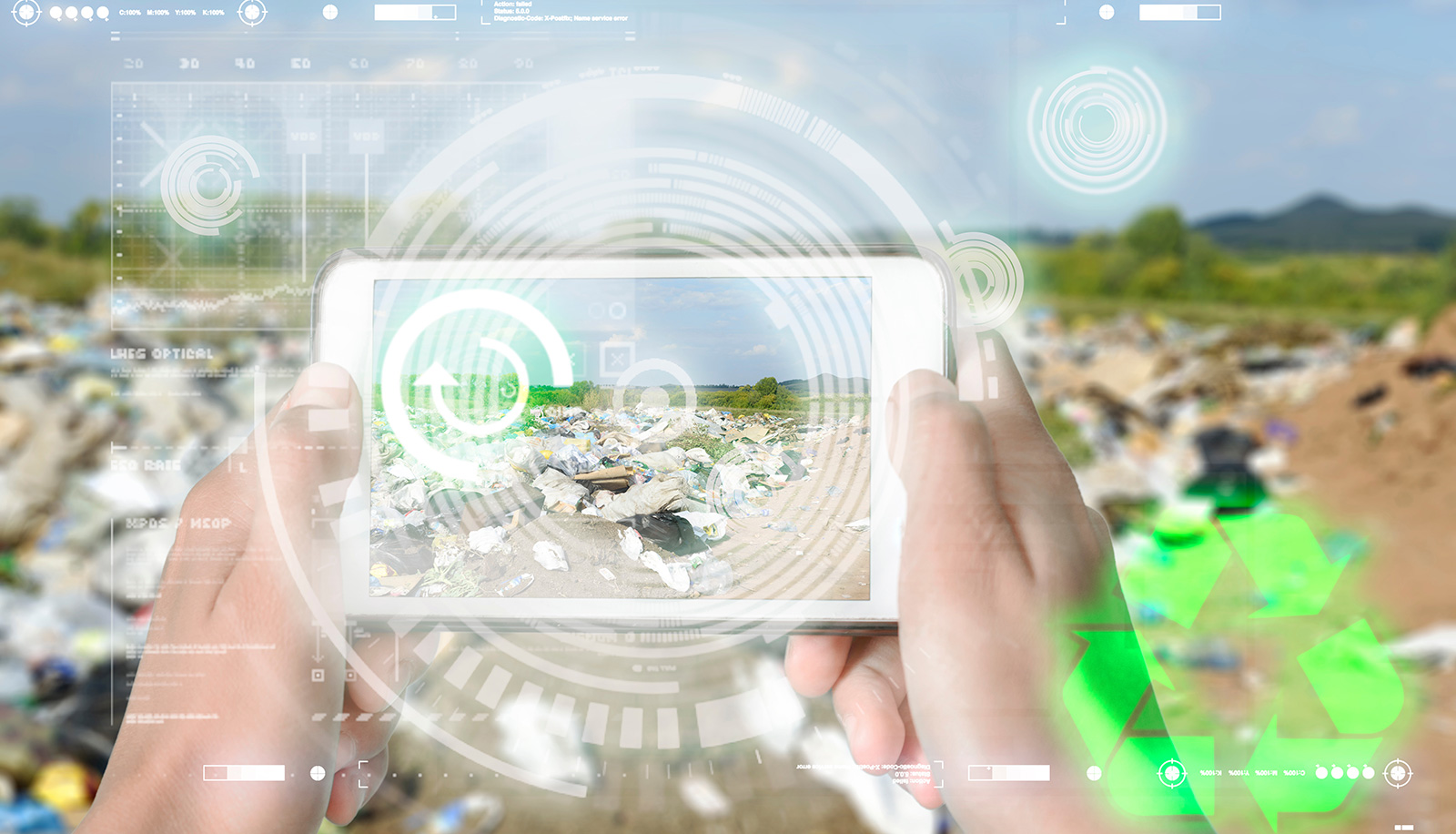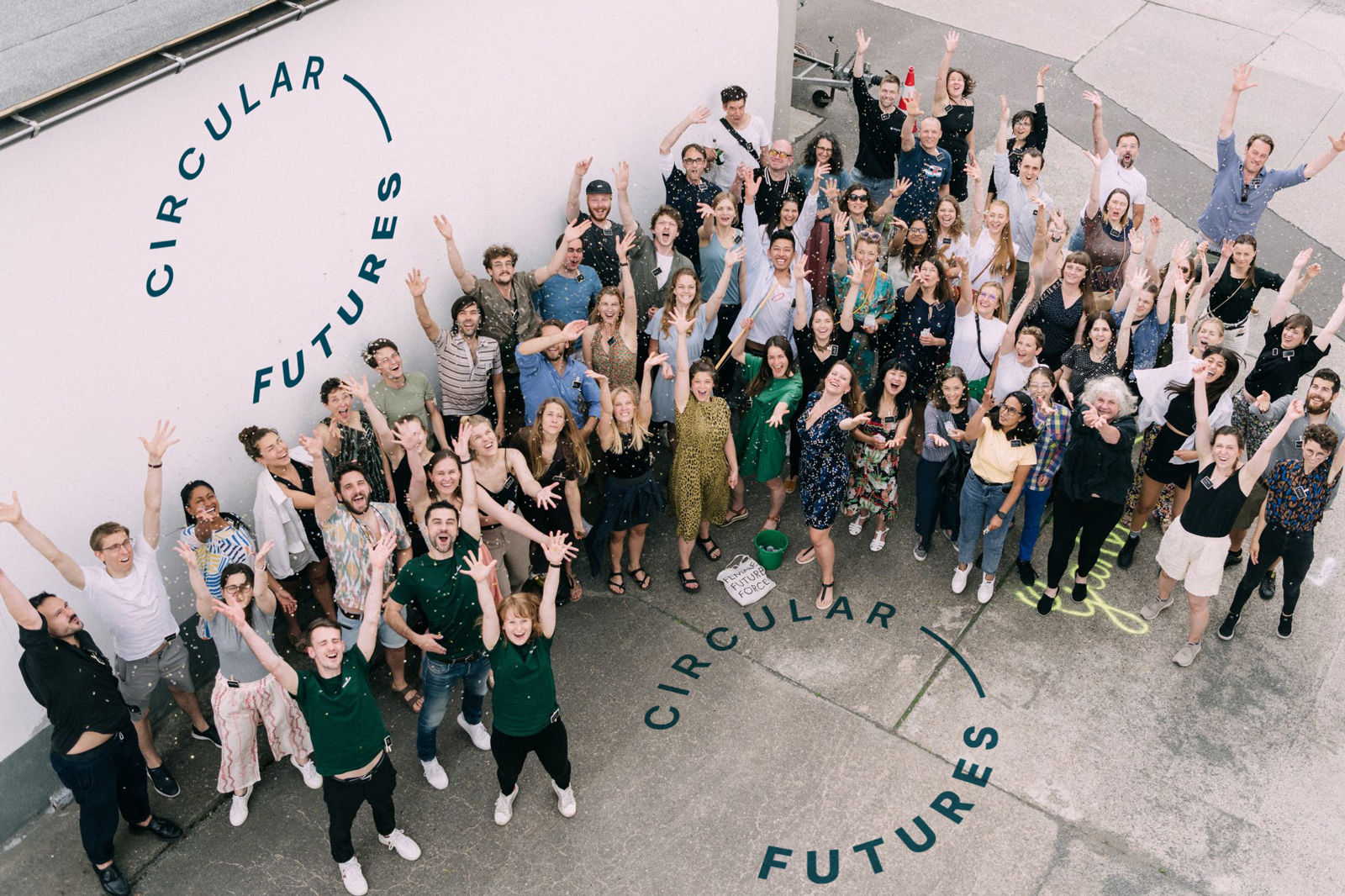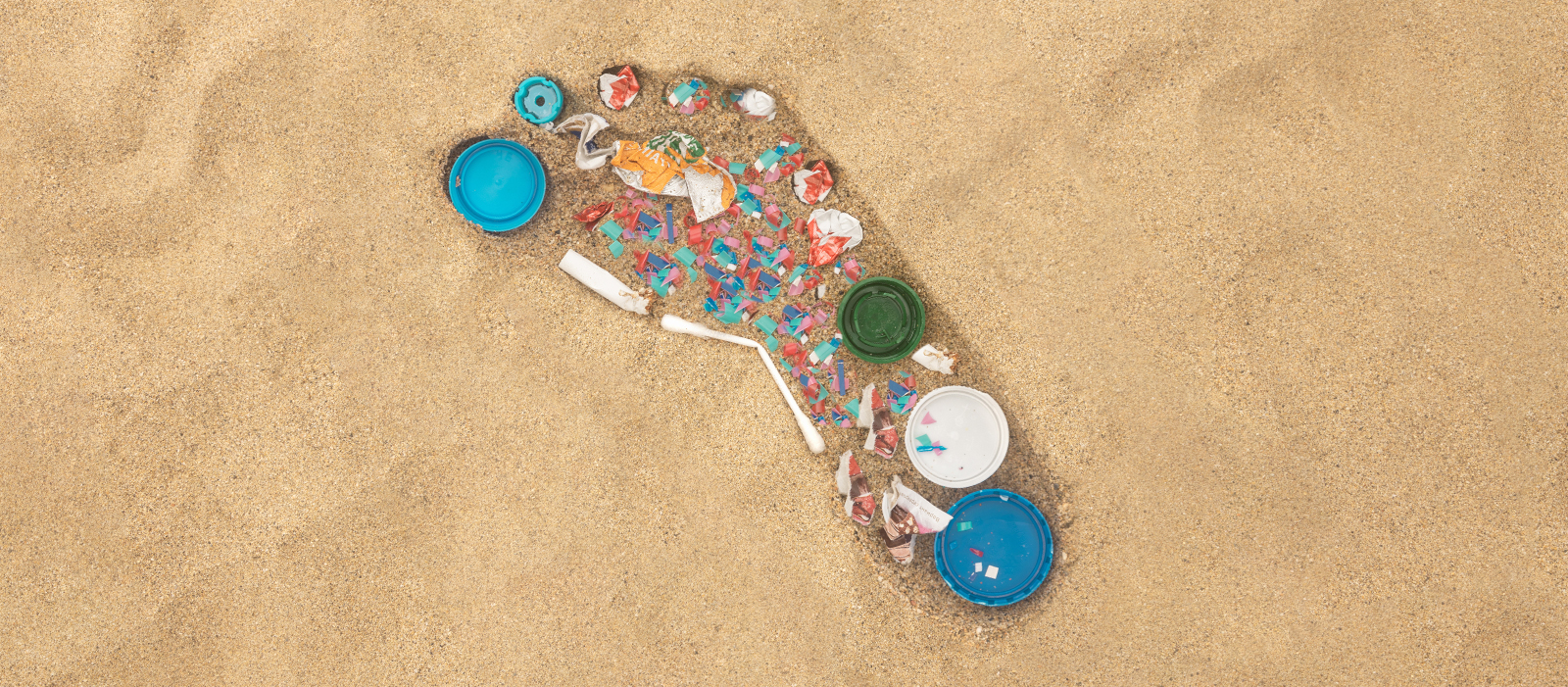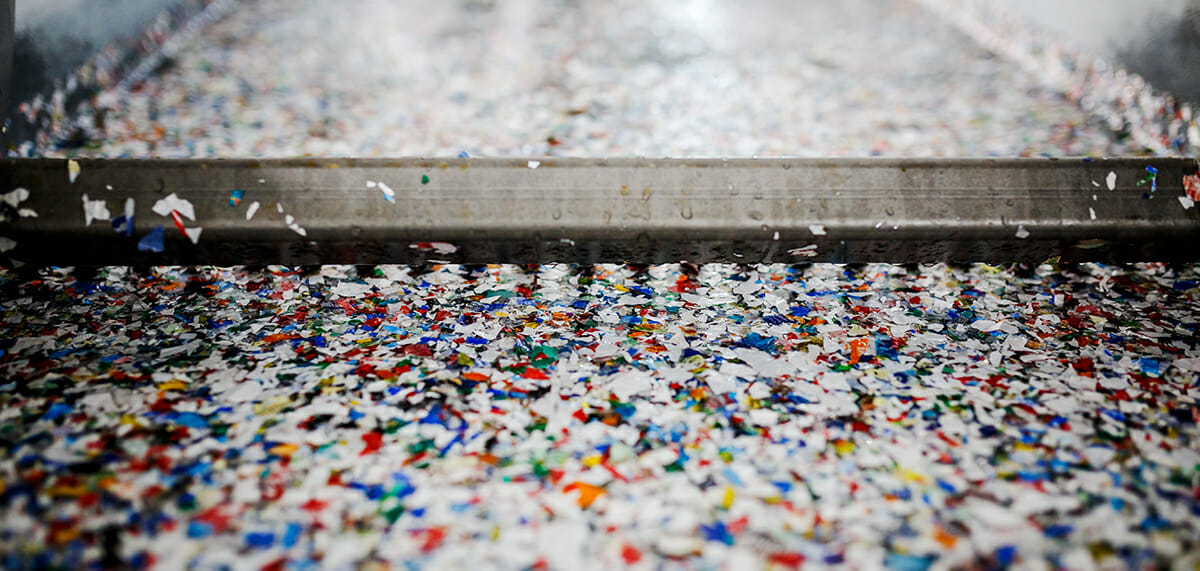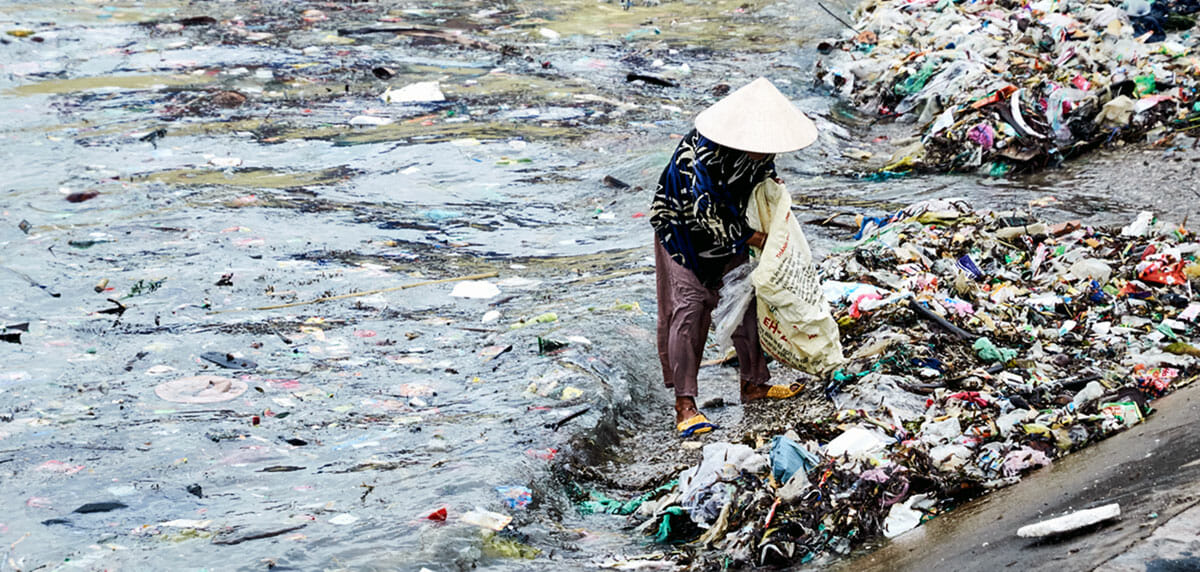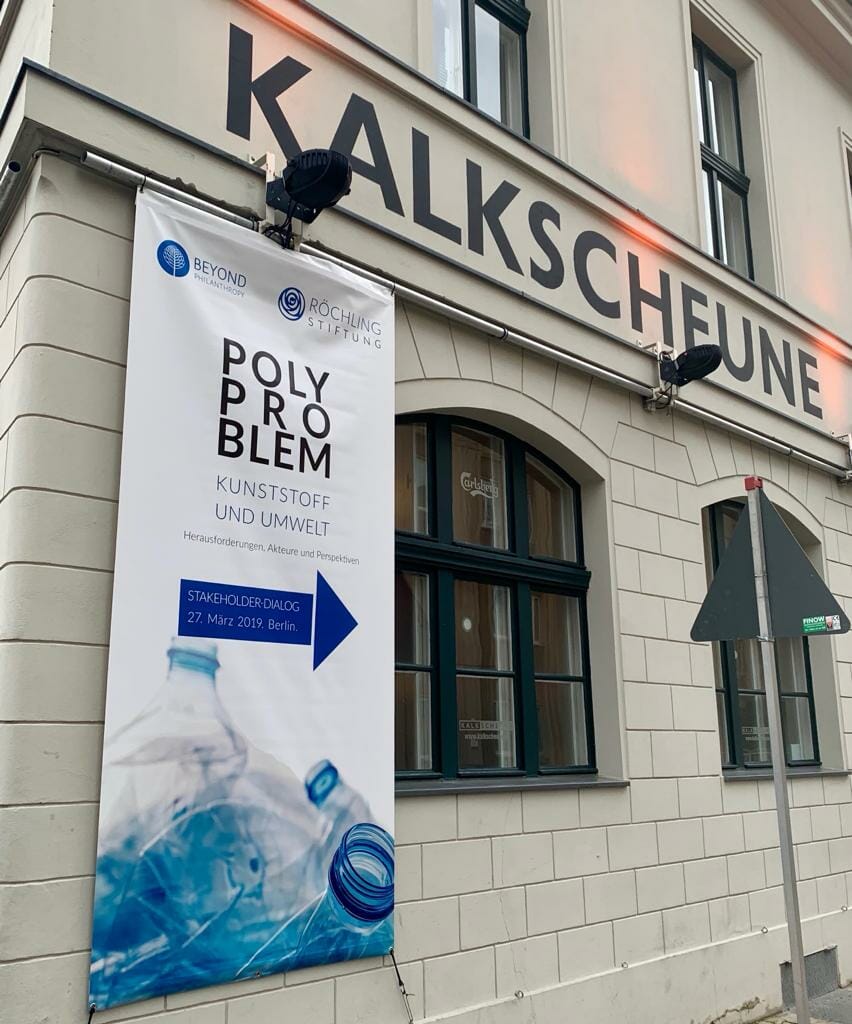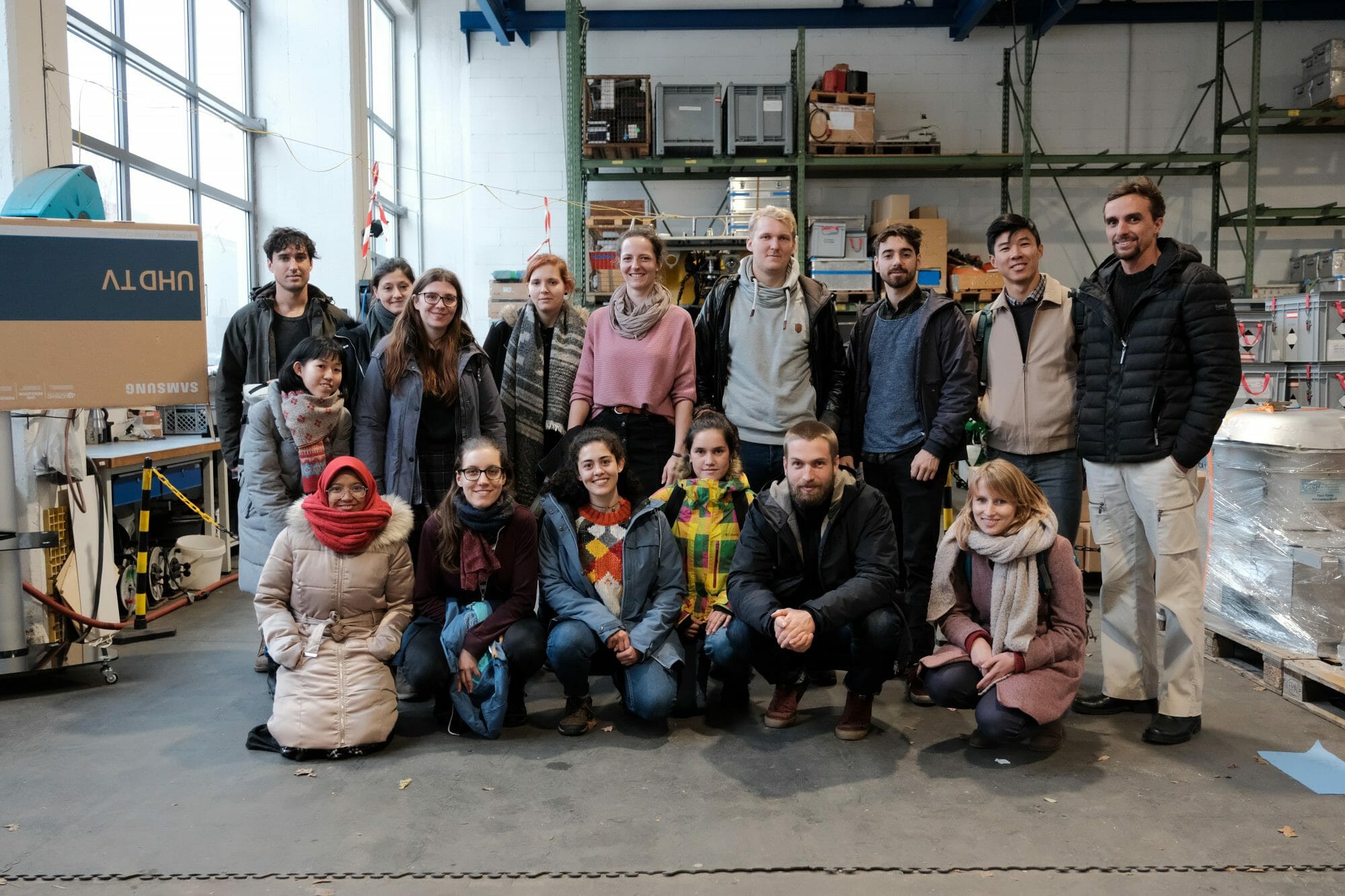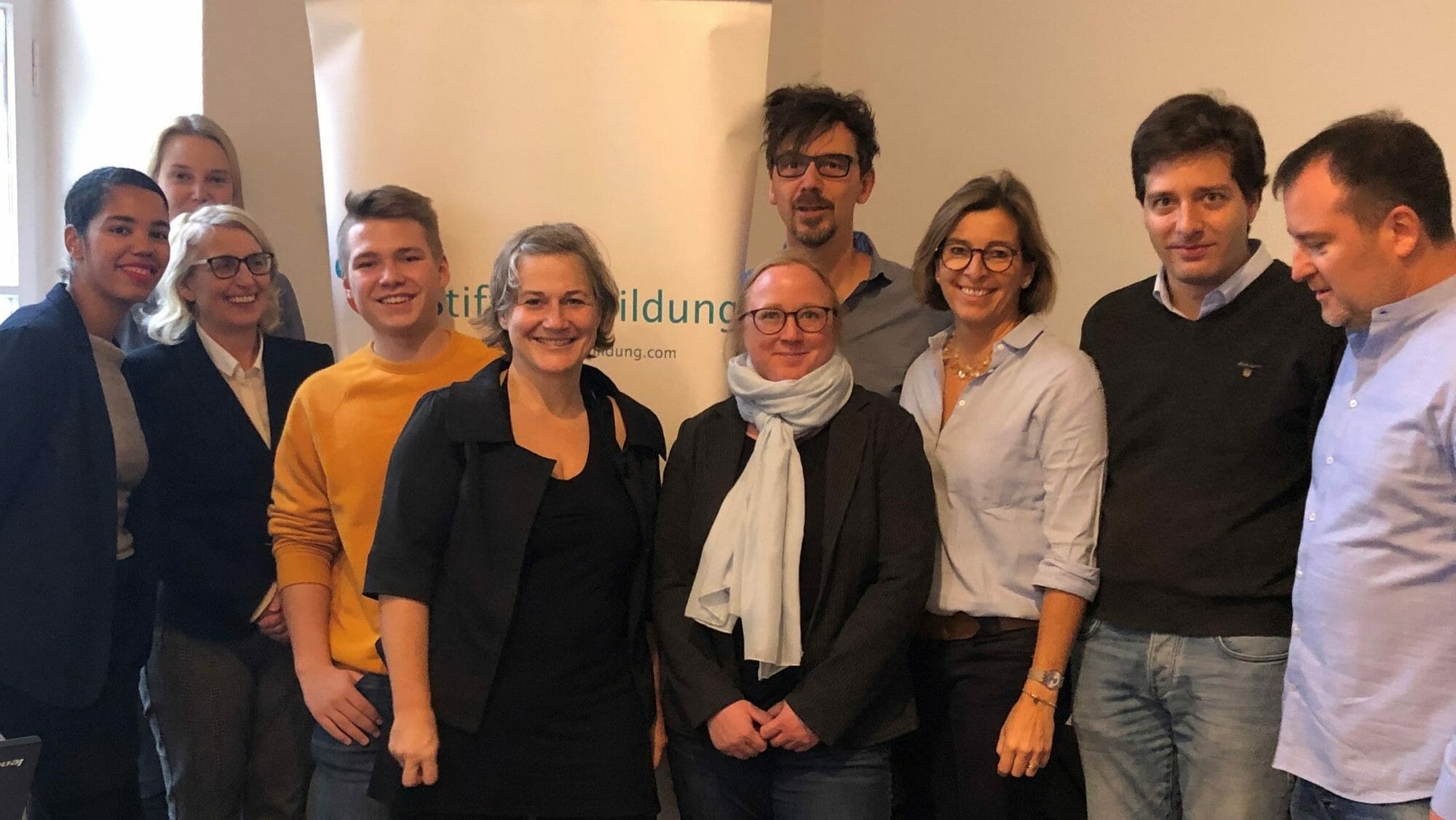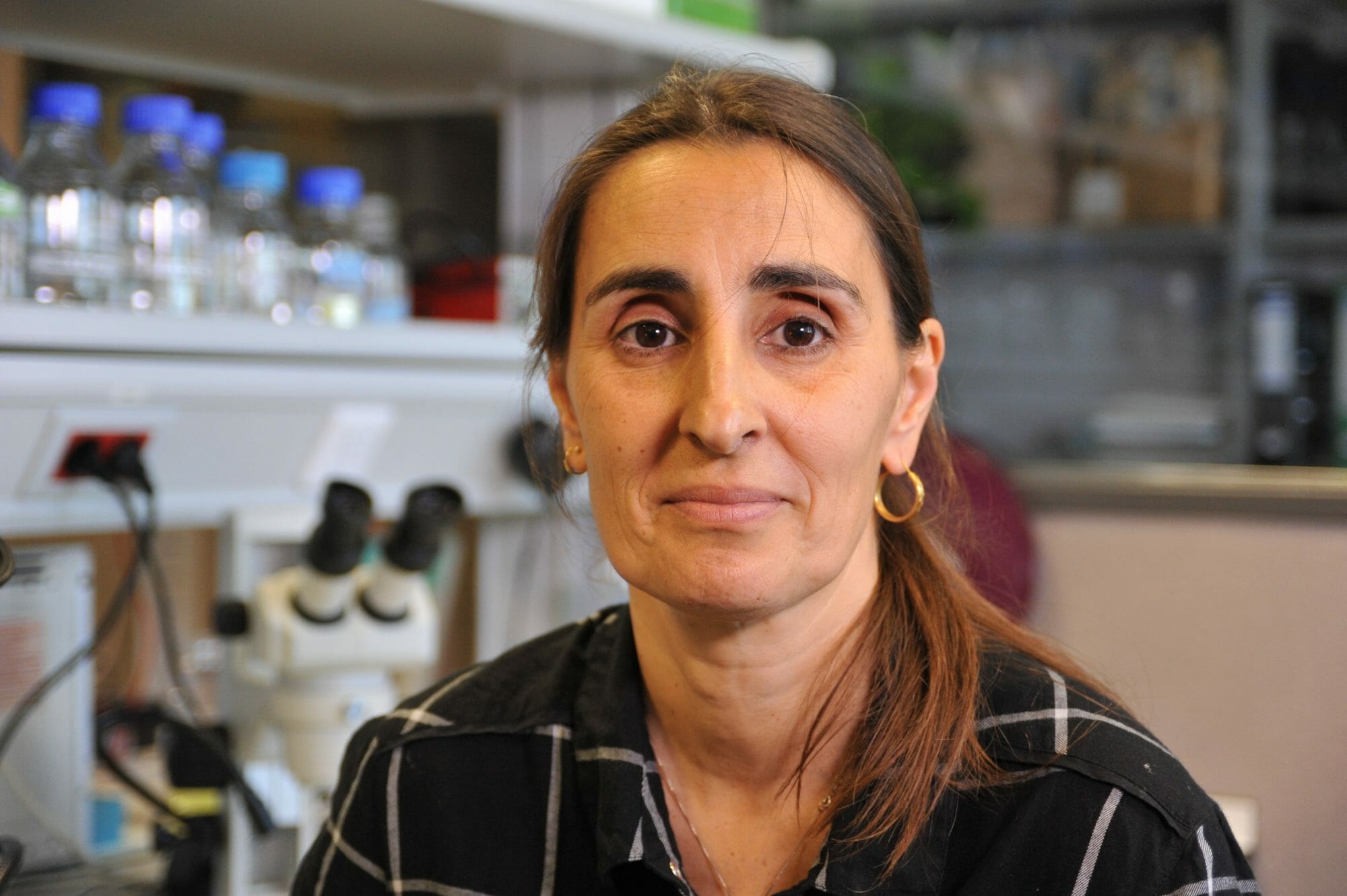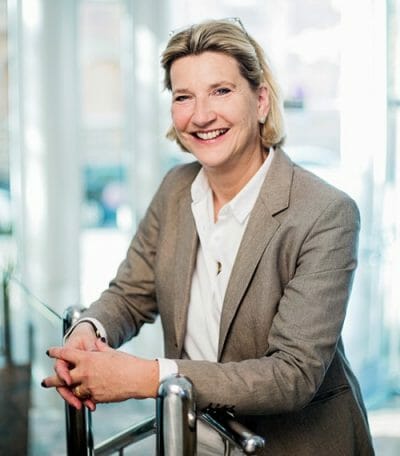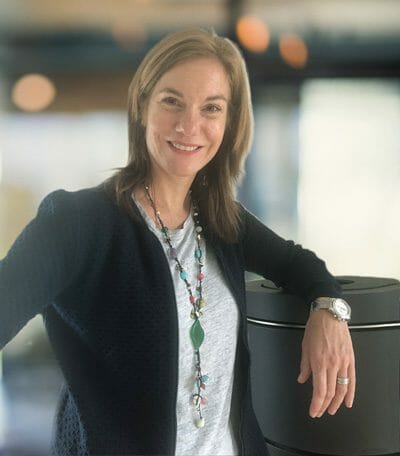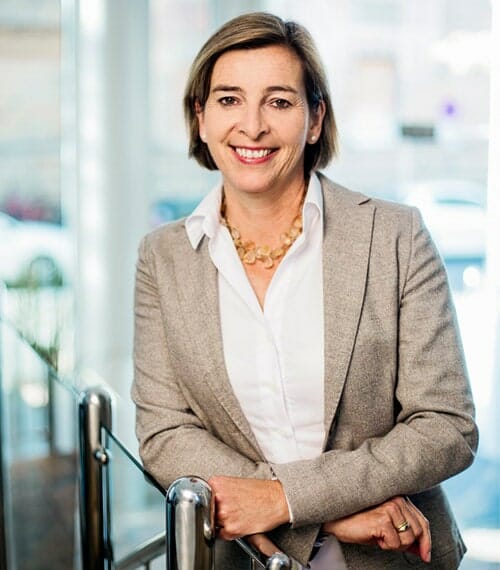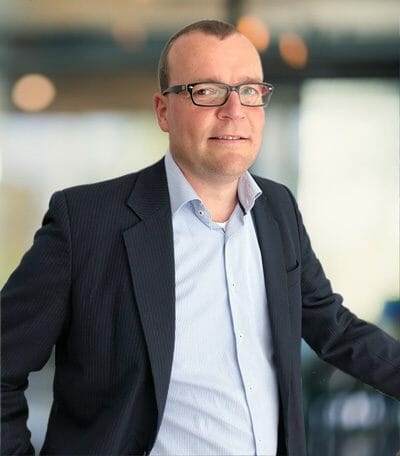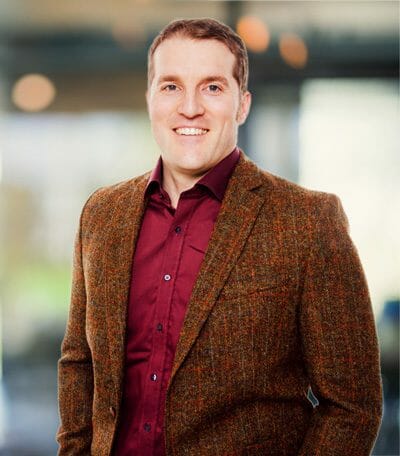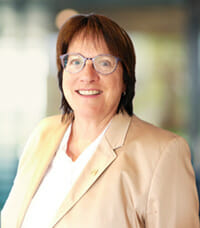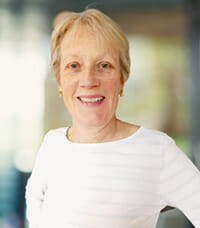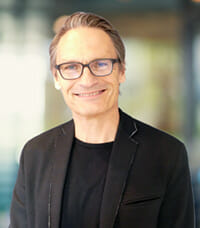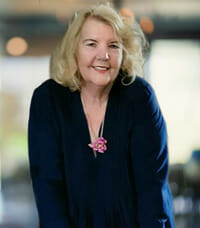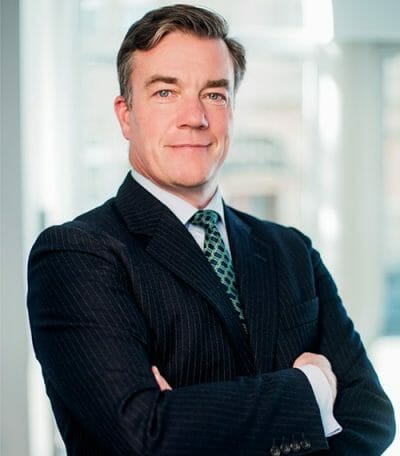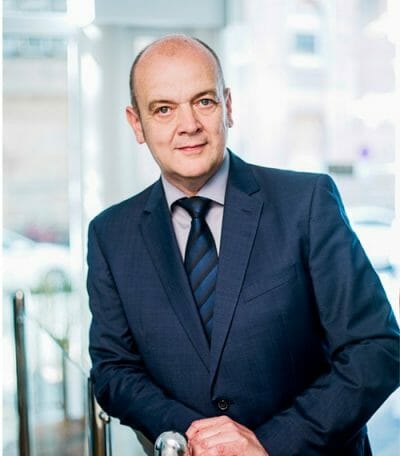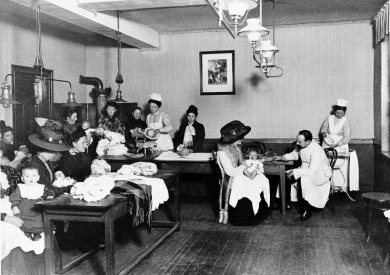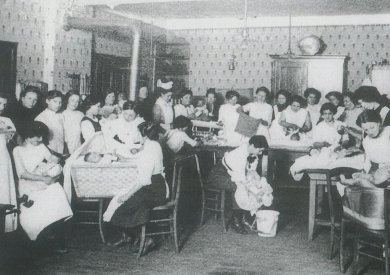Our Vision
A responsible and environmentally friendly handling of plastic is one of the most pressing global challenges of our time. We want a world in which technological progress serves the preservation of natural resources rather than endangering them.
We, the Röchling Foundation, are convinced that the protection of our environment can only be achieved through the joint commitment of civil society, business, science and politics.
That is why we connect researchers, activists and entrepreneurs to promote their cooperation. Our vision is to create and fund cooperation.
Journal
Our Cooperations & Partners
It is obvious that complex, global problems such as those in the field of plastic and environment cannot be solved with individual activities. It is only when education for sustainable development, scientific research for new material cycles, activities to repair already occurred damage and far-sighted political action complement and reinforce each other, that effective solutions can be found.
The Röchling Foundation invests in the four fields of action mentioned above. The dissemination and consolidation of successful solutions is more important to us than new model projects.
Please click on an element to find out more:
Eco-label for Plastic, TU Chemnitz
/en/eco-label-tu-chemnitz
In a two-year research project, the Technical University of Chemnitz is developing a method for the certification of plastic sliding chains as found in conveyor systems. The aim is a kind of “eco-label” for such plastic components, considering their entire life cycle.
Research against Plastic Waste, Dr. Bertocchini
/en/larvae-against-plastic-waste/
Dr. Federica Bertocchini, biologist and hobby beekeeper had observed that the wax moth larvae easily and residue-free ate through plastic bags. As a scientist, she got to the bottom of the matter and found out that the larvae are apparently able to metabolize certain plastics. Is this a chance for the biological degradation of plastic waste?
GAME, GEOMAR Center for Ocean Research
/en/game-geomar-ocean-research/
Micro plastic has completely covered the food chain. It is unclear what influence the tiny plastic particles have on the receiving organisms. The work of young researchers at the Center for Ocean Research in Kiel, Germany on mussels may provide valuable information on this.
Project Ocean Clean Up - SeeKuh, One Earth - One Ocean
/en/seekuh-one-earth-one-ocean-en/
One Earth – One Ocean’s prior goal is to free the world’s oceans of plastic waste. Therefore, they built the catamaran SeeKuh which is used as a maritime garbage disposal and fishes out plastic parts floating on the surface of the water.
SeeElefant, One Earth - One Ocean
/en/seeelefant-maritime-garbage-disposal/
In continuance to the SeeKuh, currently the SeeElefant ist being designed. One Earth – One Ocean is longing to implement a maritime recycling concept. Whatever plastic is being fished from the surface of the water by the fleet of the garbage collection ships as well as other maritime waste pickers, is supposed to be separated and prepared for the recycling process on the SeeElefant. Challenging but yet achievable – that is the verdict of a team of experts after a close analysis.
Maharashtra Project, SOCEO gGmbH
/en/plastic-recycling-mumbai-india/
The Maharashtra project is set to establish a functioning infrastructure with local collection and sorting stations as well as transport facilities in Mumbai in order to create awareness and structure as well as to combat the ever-worsening waste situation.
Waste Management Systems in Sundarbans (India), SOCEO gGmbH and SUN
/en/plastic-recycling-mumbai-india/
The pilot project in the Sundarbans is combating plastic waste pollution in India and it is a win-win: through systematic collection, sorting and recycling of plastic waste, not only the environment is to be protected, but also the lives of the waste collectors involved are to be improved.
Polyproblem: The Stakeholder Dialogue
/en/polyproblem-stakeholder-dialogue/
Joining forces. Developing solutions together vs. launching individual projects. Combining the possibilities of business, science and civil society. These are the strongholds of the general idea of the Collective Impact concept. Guided by these pillars, around 150 experts met in Berlin.
Joining forces
/en/community-gemeinsam-mehr-erreichen/
The challenges and obstacles surrounding the topic of plastic and the environment are far too complex and multi-layered to be solved by individual, isolated projects. The Röchling Foundation therefore wants so serve as a platform for cooperation and as an enabler of joint initiatives.
Learn more about our work.
A Project for Schools: Plastic Cycles, Stiftung Bildung
/en/project-for-schools/
The German foundation for education Stiftung Bildung and the Röchling Foundation launched a program to encourage students in elementary schools throughout Germany to engage creatively within the topic of plastic and the environment.
The Act on Plastic Challenge
/en/act-on-plastic-its-on/
In a joint initiative, Soulbottles, Project Together and the Röchling Foundation are searching for startups and young initiatives with promising ideas and solutions for less plastic waste in nature. The participants are to receive a wide range of support in the further development of their solution.
The Foundation
The Board of Trustees
The Board of Trustees of the Röchling Foundation determines the focus of the Foundation’s work, conceives the strategy and decides on projects and collaborations.
The Shareholders
The Röchling-Stiftung GmbH is represented by three shareholders who act in place of the entire entrepreneurial family. The shareholders serve as trustees for the foundation’s purpose and therefore do not hold their shares for their own benefit. In addition, the shareholders determine the annual financial framework for the foundation’s activities.
THE PATRONESS
As a longstanding member of the Board of Trustees Karin Röchling has made a special contribution to the Röchling Foundation. As patroness, she continues to support the foundation’s work with her extensive experience in an advisory and accompanying manner.
The Team
Management and team are responsible for the conceptual and operative work of the foundation. A close, trusting and measurable cooperation with all partners from civil society, research, business and politics is paramount for the daily work of the Röchling Foundation team office.
History
We like plastic and hate plastic waste. Is that a paradox? No, quite the opposite.
The Röchling Foundation was founded in 1990 by the Röchling family. In almost 200 years, the same family has transformed a coal business into a leading global group of companies for innovative products made of high-performance plastic. The Röchlings therefore know where plastic belongs – and where it doesn’t.
Social responsibility has always shaped the history of the family and the company. The entrepreneurial family built up factory kindergartens and schools, milk kitchens, training opportunities, a pension fund and affordable housing even before Bismarck’s social legislation came into force.
The challenges have changed. The responsibility remains.



